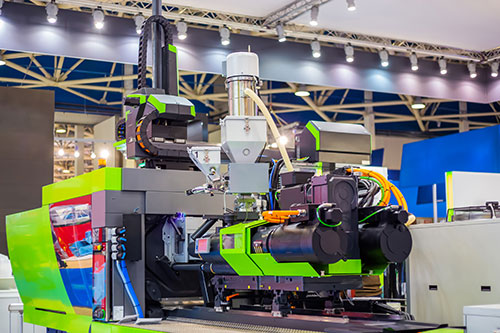August 8th, 2023
Wide-spread supply chain issues over the past couple of years have led to a significant shift in sourcing and production strategies. Increasingly, businesses are electing to collaborate with local manufacturing and establish mutually advantageous relationships, regarding proximity, agility and sustainability. What this means is that companies are favoring smaller nearby business partners, even if this would mean higher production costs to their bottom line.
There are four main reasons for the shift:
- Proximity and reduced supply chain risks: By working with local partners, firms can benefit from contiguity and reduce risks such as long transit periods, logistical complexities and potential disruptions. This in turn permits businesses to achieve faster turnaround times, respond quickly to market demands and have greater control over the manufacturing process overall.
- Improved quality control and collaboration: Regional partnerships facilitate better alliance and stronger quality management for their products. By having closer connections and communications, companies can address issues promptly while significantly boosting customer satisfaction and brand reputation.
- Environmental sustainability and reduced carbon footprint: The growing concern for climate change is another pointed driver behind the preference for regional industry affiliates. By reducing the expanse between production and consumption, companies can minimize carbon footprints related to transportation.
- Supporting local economies and communities: Investing in home-grown commodities makes sense and can lead to job opportunities, improve district economies and contribute to a feeling of community well-being. Supporting local manufacturing partners also strengthens domestic supply chains, thus lowering reliance on foreign markets and mitigating risks tied to geopolitical tensions or possible disruptions in global trade.
This shift has profound implications in many industrial trades, including the plastics manufacturing industry. We have explored a mix of both positive and transformative consequences that may be present under those key considerations.

Innovation and R&D
Collaboration with regional associates can foster innovation, along with research and development within the plastics industry. The accessibility between businesses and manufacturers amplifies an energized environment for sharing ideas, co-creating new solutions and optimizing processes. This can advance improvement of sustainable and eco-friendly polymers, alternative materials and improved recycling technologies.
Customization and Specialization
Local affiliations enable businesses to cater to specific marketplace needs and inclinations. Enterprises can readily customize plastic products, adapt to territorial regulations or standards, and provide specialized solutions. This flexibility spawns greater competitiveness and consequently added customer gratification.
Circular Economy Initiatives
The emphasis on sustainability and waste reduction necessitates a move towards a circular economy within the plastics industry. Joining up with nearby partners, businesses can launch more efficient recycling systems, investigate innovative state-of-the-art plastic waste administration, and promote the use of recycled or biodegradable materials. These manufacturing relationships facilitate the implementation of circular economy initiatives at a regional level.
The shift towards local manufacturing partners signifies a significant transformation in the business landscape, with profound implications for the plastics industry. This new trend allows for increased opportunities to garnish a larger market share and create new, more personal relationships along the way. While tighter proximity could sometimes come with elevated costs, the benefits have proven to be more advantageous in the end.





